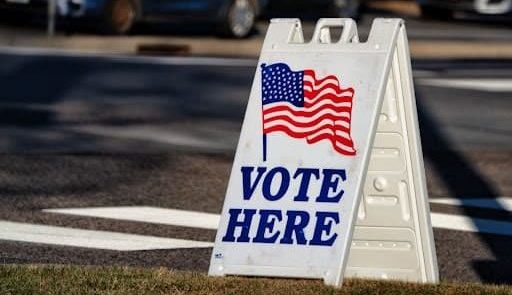Poverty has gotten only passing attention during this presidential election year. But a unique coalition of evangelical and ecumenical religious groups called the Circle of Protection is seeking to change that. The organization has just released a pair of videos created by President Barack Obama and his Republican challenger Mitt Romney in which each candidate briefly discusses his views on the topic.
The Circle of Protection came together last year with the purpose of protecting poverty programs from budget cuts. Then, in July, the organization sent letters to both Obama and Romney asking each candidate to create a video explaining his position on poverty and hunger for distribution to American churches and religious groups.
“We believe this presidential campaign should include a clear focus on what each candidate proposes to do to provide help and opportunity for hungry and poor people in the United States and around the world,” the Circle organizers wrote in the letters to the candidates.
In his video response, President Obama said that his Office of Faithbased and Neighborhood Partnerships has expanded its work with groups helping the poor.
“The Bible calls on us to be our brother’s keeper and our sister’s keeper, and I believe that as a public servant, I must do my part to answer that call,” he said.
In his video, Romney said that restoring the economy and reducing the debt would help “lift our brothers and sisters out of poverty.”
“My vision for recovery starts with jobs,” he said. “…and I have a five-part economic plan that will help create 12 million new jobs by the end of my first term in office.”
Romney also promised to work alongside and “seek the counsel” of faithbased organizations if elected.
The two videos were made public at 12:30 p.m. Sept. 12, following the release of the U.S. Census Bureau’s annual data on poverty, which reported rates hovering over 15 percent nationwide.
Christians should not vote in this fall’s presidential election until they have seen the videos, said Barbara Williams-Skinner, co-facilitator of the National African American Clergy Network and a leader in the Circle of Protection.
“The Bible makes it very clear that the highest priority for every Christian is how we treat the poor and vulnerable,” Williams-Skinner said during a Sept. 14 panel discussion, held to announce the release of the videos at the National Press Club in Washington, D.C.
The National Council of Churches (NCC), a founding member of the Circle, does not not endorse candidates. But the ecumenical organization joined the Circle and supported the release of the videos as a way to “highlight the need for the need to address poverty issues,” according to Cassandra Carmichael, director of the NCC’s Washington office.
Rev. Michael Livingston, a former NCC president who took part in the press club event, said that the presidential candidates have raised over $1 billion for the campaigns.
“Since the recession began in 2007 two congressional districts in the entire nation have seen poverty decrease significantly. In 388 congressional districts, poverty has deepened,” he said. “Our candidates are not talking about this. It doesn’t seem to matter.”
The Circle referred to both candidates’ budget plans as moral documents, saying that when you decide where to put your money, you’re making a moral value decision. The group asked voters to decide which candidates’ policies are best for the poor.
The 2011 census revealed the causes and solutions of poverty are complicated. Some 46.2 million people still remain below the line, meaning 1 in every 6 Americans are technically poor.
For some, the Circle’s effort raises questions.
“We were critical of the Circle of Protection because we thought it came across as partisan,” said Mark Tooley, president of the Institute on Religion and Democracy (IRD), an alliance of Christians who monitor the political involvement of American churches.
“It seemed they were equating compassion for the poor and needy with constantly enlarging the size and power of the federal government and seemed not to consider other ways in which the poor and needy were best served. The way they have framed their issues, they seem to side with President Obama,” Tooley said.
But he challenged that idea.
“There is no direct guidance from Scripture as to what extent we help the poor,” Tooley said. “It is overall positive and good for society and democracy and for churches that both major candidates are willing to make those kinds of presentations to churches and religious groups.”
Rob Boston, senior analyst at Americans United for Separation of Church and State, said he saw the Circle’s efforts as just the latest chapter in a long history of religious organizations speaking out on social issues.
“Religious groups on the right and the left take part in this process,” Boston said. “Poverty is — or should be — a bipartisan issue. Groups on the right or the left may disagree on how to reduce poverty, but it appears that this organization is merely reflecting a societal consensus that no American should be left to wallow in poverty.”
But Katherine Knutson, a political science professor at Gustavus Adolphus College in St. Peter, MN. Questioned whether the videos would actually swing any votes.
“People who are watching these videos are pre-inclined to have these issues on their minds,” said Knutson. “My question is, are you just preaching to the choir?”




